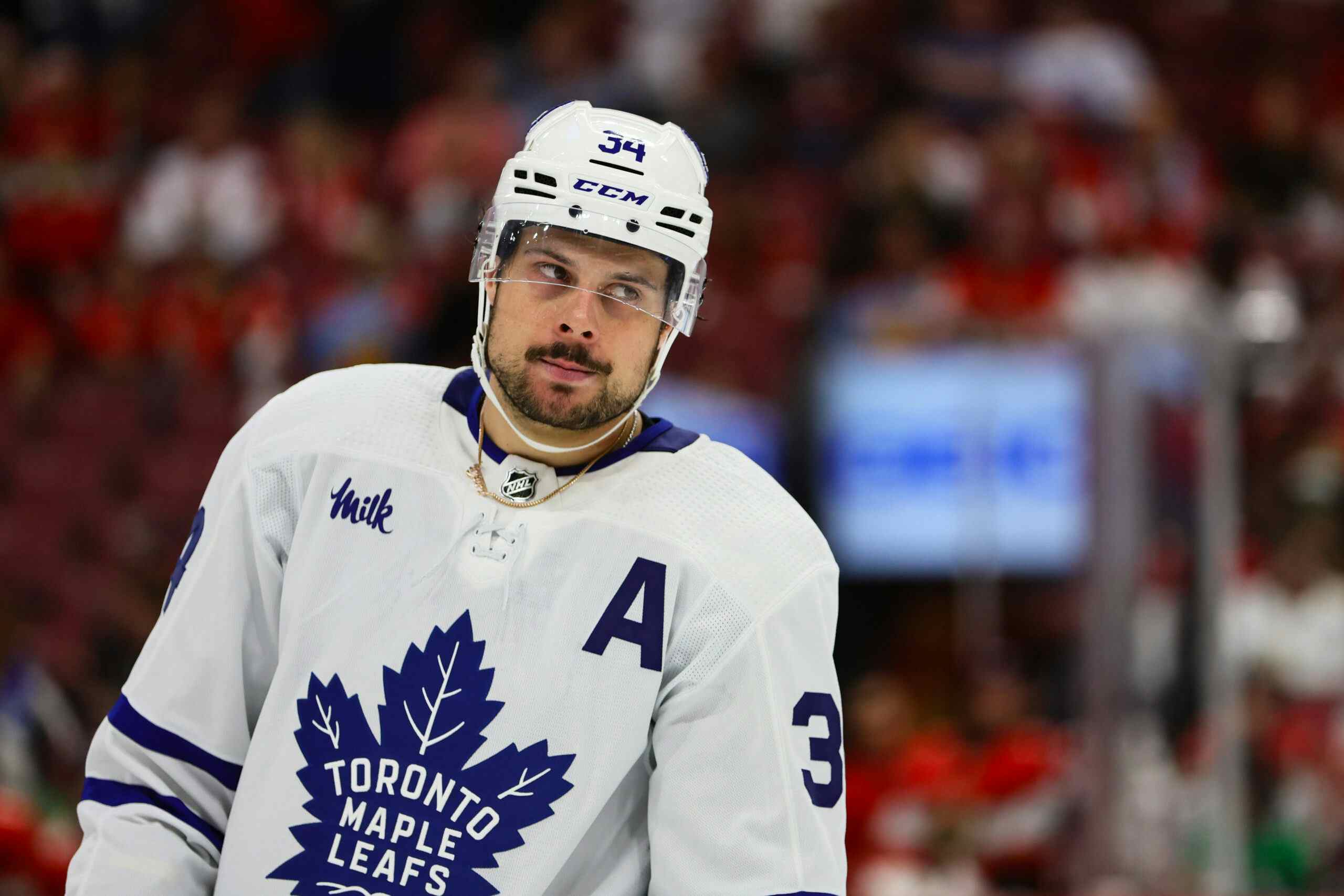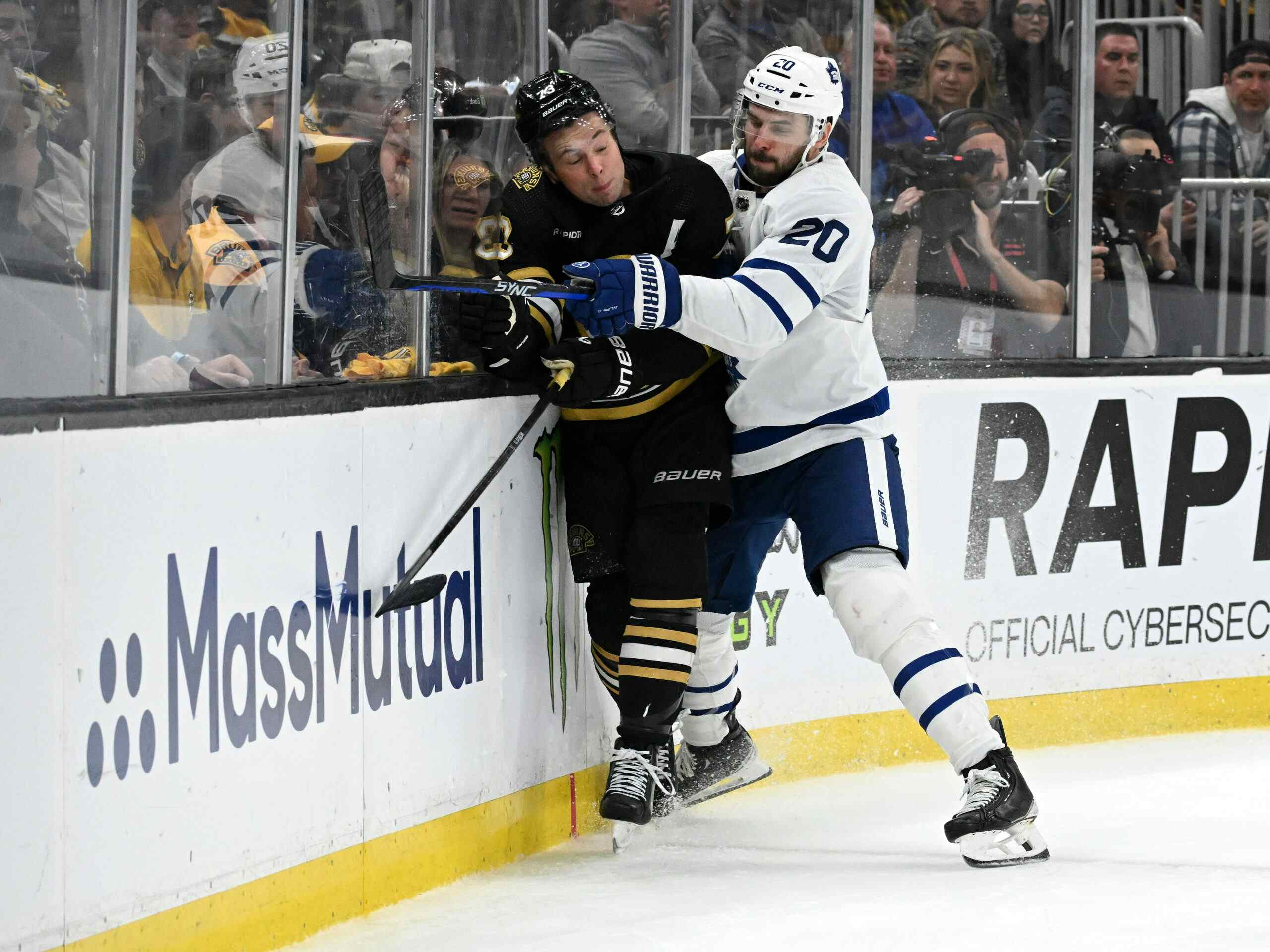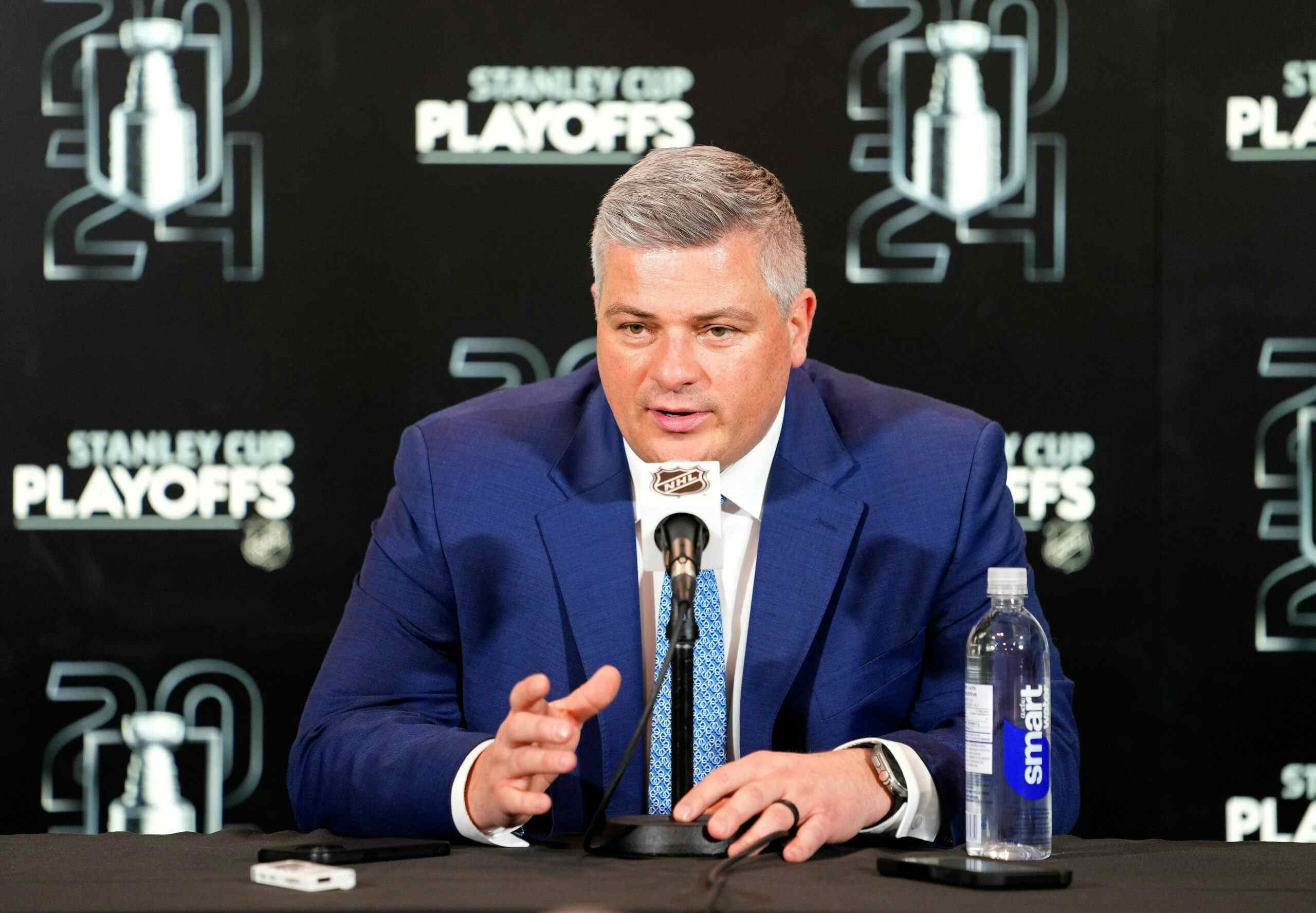You never played the game
By Ryan Hobart
7 years agoThe last few years have seen NHL teams make many analytics hires. Tyler Dellow, Eric Tulsky, and Darryl Metcalf to name a few. A couple days ago, the Montreal Canadiens went backwards and made an analytics firing, letting go of their recently hired analyst Matt Pfeffer
Pfeffer released a statement regarding what happened, so I won’t make any speculation further than that.
Regarding the incident, NHL television analyst and former professional goaltender Corey Hirsch had this to say:
Here we get to see a sharp distinction between the thought process of players-turned-analysts and analysts who were more… organically grown. In the latter, I’m referring to those who are more statistics-inspired hockey people. Surely, you’ve heard the argument “you’ve never played the game, you don’t know what you’re talking about” or something of the like. Maybe you’ve even made that argument. Well, Matt Pfeffer never played the game, and yet the Canadiens, at one time, believed he did know what he was talking about.
Nevertheless, I want to point out that Hirsch clearly has a different point of view than the analytical people would. I’m not here to make fun of him for that, or call him ignorant. I think what he’s saying makes sense.
It’s wrong, but it makes sense.
PERSPECTIVE
Now, I’ve never played the game. I mean, I played houseleague a bit and a ton of road hockey. But, I’ve never been to “the show”. Hirsch has. He played hundreds of games of pro hockey, including stints with several NHL teams. He knows what the league is like from a player’s perspective. You can see him in the image above robbing Mario Lemieux. Mario Lemieux!
To his points, his Kris Draper analogy is entirely correct. But unfortunately, I see it as irrelevant. Hockey players often see management in pigeonholed roles. A scout scouts. A manager manages. A data analyst provides data for analysis. A coach coaches. And, a player plays. They see it this way because the last point is the only thing that matters to them. Play the game.
But what about those of us who never played the game? Or, those who did and have shifted away from that perspective? Things are seen differently. A manager does more than just manage. A scout does more than just scout. And a data analyst, in kind, has to do more than just look at data.
In reality, the front office staff all have skills relating to managing a hockey team, including the data analysts. Matt Pfeffer was hired because he has some of those skills. His primary skills are as a data analyst, but if you threw him in the manager’s seat, he’d have an idea of what to do.
But players don’t see that. They don’t care about that, nor should they. And this is exactly where Hirsch’s take comes from. It’s easier for a player to look at the front office as homogenous entities that have entirely separate functions. But the real and far more complicated picture is that everyone participates in all areas of managing the team, in different capacities. This is what Hirsch, and many other player-turned-analysts fail to see.
A good scout watches players, tracks events the player was involved in, analyzes that data (albeit usually quantitatively), and uses the conclusions to present an opinion on a player. A good manager takes all the sources of data he has, analyzes them, inputs his own experience and opinions on players, and uses those to make a decision. A good data analyst researches the nitty gritty statistics to the bare bones, combines this with scouting of players, and presents the conclusion they come to in a format that contributes to building a better hockey team. A good coach utilizes direction from the management and analytics staff, scouts the opposing team to prepare a game plan, and takes all that into the bench to manage the game from there.
CONCLUSION
This doesn’t have to be a never-ending problem in the media. Networks can make a change and shift away from people whose only contribution is their experience playing the game. I’m not even suggesting to not hire former players. I’m suggesting to hire the right ones. The ones who can get out of the mindset they had as a player and actually analyze. Mike Johnson, Ray Ferraro, Kevin Weekes, and Darren Pang to an extent, are all great examples of former players in the media doing it right.
I’m not saying Hirsch is necessarily doing it wrong. But he seems to still be carrying the perspectives he had as a player. Unfortunately, in his new job, I think that perspective can hinder as much as it can help.
The takeaway point here is to always keep your mind open to new perspectives. It’s the best way to learn and stay ahead of the curve.
Recent articles from Ryan Hobart





